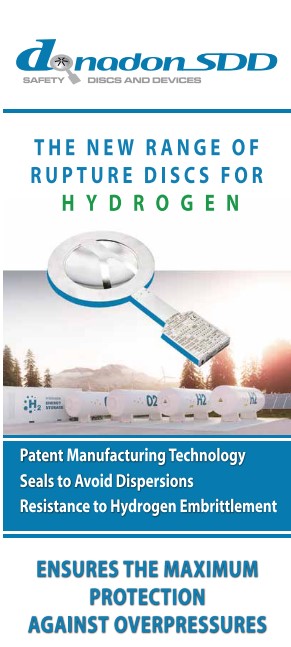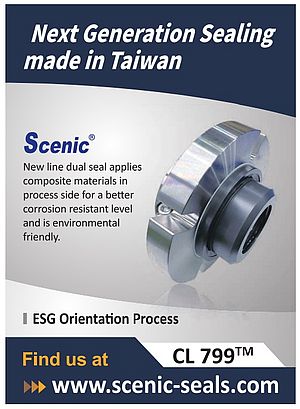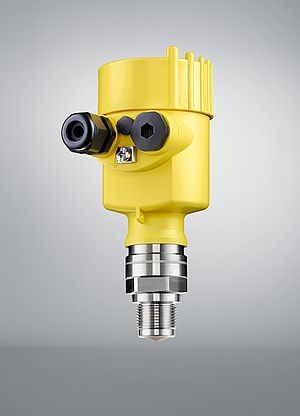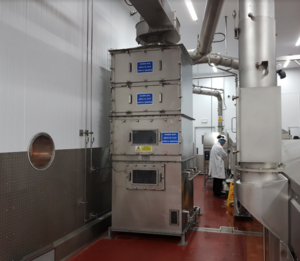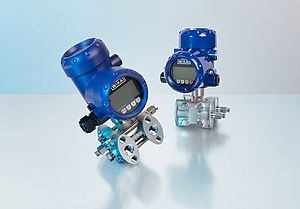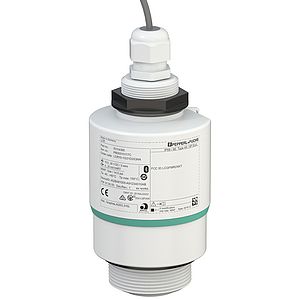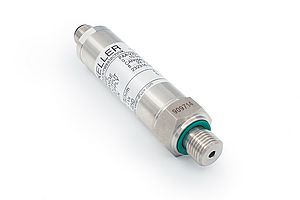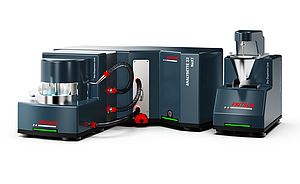BASF and MAN Energy Solutions have entered into a strategic partnership to pursue the construction of an industrial-scale heat pump at the BASF site in Ludwigshafen. This project is intended to make an important contribution to reducing greenhouse gas emissions, establishing the use of low-CO2 technologies in chemical production and reducing the site’s natural gas consumption. As a first step, the project partners are conducting a feasibility study that is expected to be completed by the end of 2022.
Higher efficiency and lower dependency on weather conditions
The planned large-scale heat pump will enable production of steam using electricity from renewable energy, tapping waste heat from the cooling water system at BASF as a source of thermal energy. The residual heat in the water will be processed using compression to produce steam that will be fed into the site’s steam network. By integrating the planned heat pump into the site’s production infrastructure, up to 150 metric tons of steam can be produced per hour, equivalent to a thermal output of 120 megawatts. The project could reduce CO2 emissions at the site by up to 390,000 metric tons per year. At the same time, it would make the cooling water system more efficient and less dependent on climate and weather conditions.
Steam is the most important source of energy in the chemical industry. In Ludwigshafen, BASF requires around 20 million metric tons of steam per year. The plants at the site use much of this as process steam in production, for example, to dry products, heat up reactors or for distilling. Around half of the steam required at the Ludwigshafen site is already produced by recovering heat from production facilities using a low-CO2 process. The remaining steam demand, approximately 50 percent, is met by gas and steam power plants, which emit CO2 during generation.
Dr. Martin Brudermüller, Chairman of the Board of Executive Directors of BASF SE: “In the medium term, we want to reduce our CO2 emissions by 25 percent by 2030. The use of technologies such as large heat pumps, which already exist and can be scaled up to industrial size, brings us a lot closer to this goal. In our cooperation with MAN Energy Solutions, we combine the expertise of a chemical Verbund site with the know-how required for the technological implementation of a project like this. This technology also has the potential to pave the way for projects at other BASF sites.”
Partnership will pave way for standardization
Dr. Uwe Lauber, CEO of MAN Energy Solutions SE, commented: “We are really looking forward to the close collaboration with BASF. Space heating and process heat account for around one-third of German greenhouse gas emissions. Together with BASF, we want to address this significant lever with an innovative solution. We are convinced that our heat pump solution can make a decisive contribution to a climate-friendly supply of steam at the Ludwigshafen site. BASF is a global pioneer in the energy transformation in the chemical industry, a role model for the deployment of innovative technologies to protect the planet, and a great project partner. Industry and climate protection both rely on the innovations that arise from such strong partnerships.”
With this project, the two partners want to gain experience in the integration and operation of industrial-scale heat pumps and pave the way for the standardization and deployment of the technology at other sites. The feasibility study’s findings with regard to the economic viability, efficiency and competitiveness of the technology will form the basis for the subsequent decision-making process for the construction of the heat pump.














